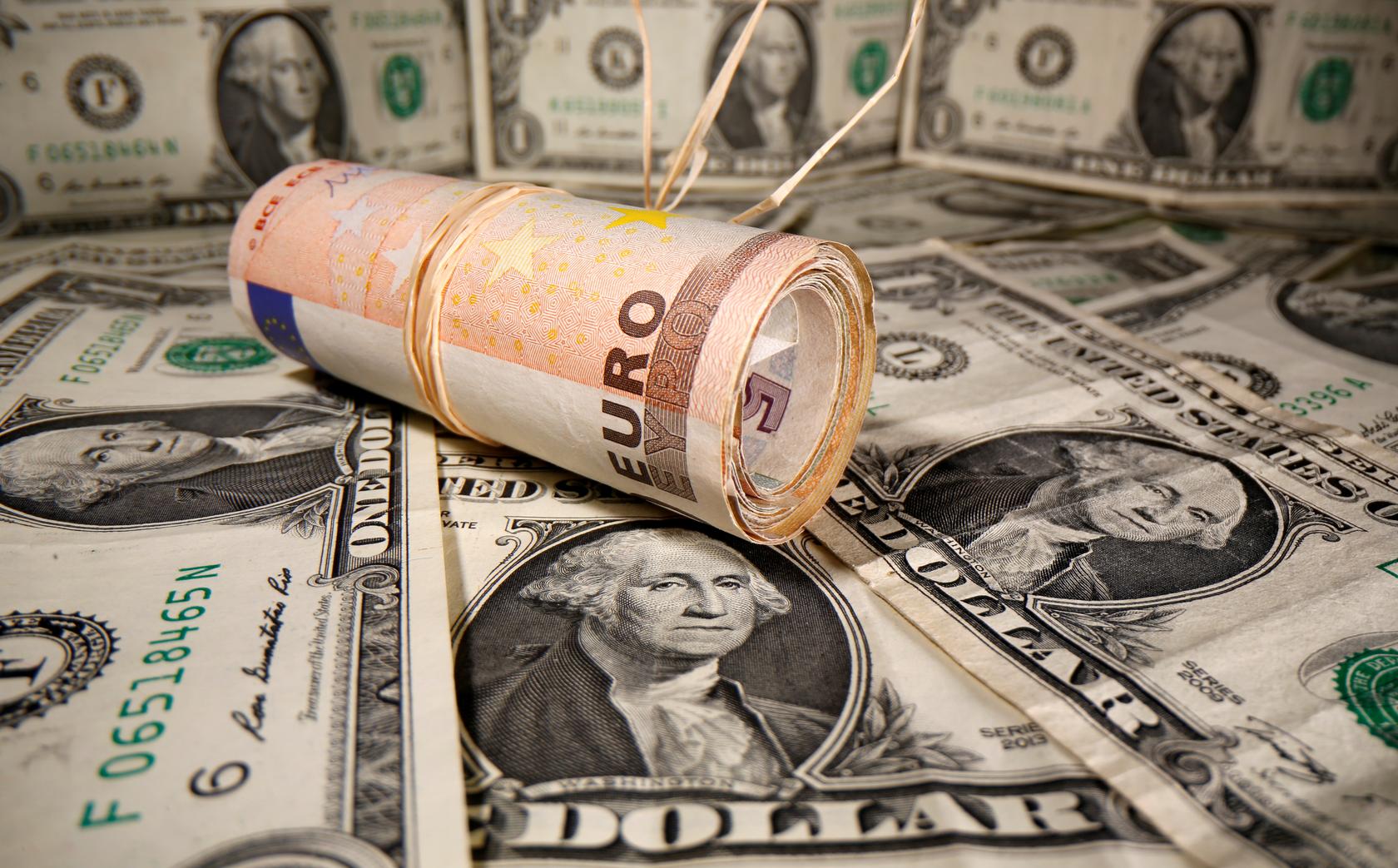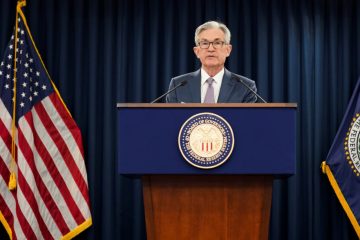Dollar dips to four-week low as yields pull back; rouble sinks

The U.S. dollar sank to a four-week low against other major currencies on Thursday as Treasury yields pulled back from last month’s surge, with investors increasingly convinced the Federal Reserve will keep interest rates low for some time.
The Russian rouble sank more than 1% to 76.65 per dollar on reports the U.S. will announce sanctions on Russia as soon as Thursday for alleged election interference and malicious cyber activity.
The dollar index, which tracks the it against six other currencies, dipped to its lowest since March 18 at 91.535 in the European session before recovering to be basically flat at 91.590.
The euro rose as high as a four-week top of $1.1990, matching the highest level since March 4, before trading little changed at $1.19735.
The dollar changed hands at 108.87 yen, after hitting a three-week low of 108.755 on Wednesday.
“Following the muted USD reaction to the March inflation numbers earlier in the week, it seems that the positive U.S. inflation and growth stories are now largely priced into USD,” said ING’s chief EMEA FX and IR strategist Petr Krpata.
“Hence, the positive impact on USD may be limited and with U.S. Treasury yields well behaved, the solid U.S. data may support G10 pro-cyclical FX today.”
Ten-year U.S. bond yields eased to 1.6165% in European trade, down from a 14-month peak of 1.776% reached in late March, reducing the dollar’s yield attraction.
Repeated assurances from Fed officials that they will keep interest rates low have helped stabilise U.S. bonds, especially at the short end of the market.
Meanwhile, stocks have marched higher, with the S&P 500 setting records this week.
“Risk sentiment is improving,” dragging on bond yields and the dollar, said Osamu Takashima, chief currency strategist at Citigroup Global Markets Japan.
“I believe the dollar weakening trend could continue,” with a move toward 108 yen and $1.205 per euro in the near term, he said.
Fed Chair Jerome Powell said on Wednesday that in time the U.S. central bank would reduce its monthly bond purchases before it committed to an interest rate increase, a scenario many investors had regarded as a given.
A weaker U.S. dollar also saw commodity currencies supported. The Australian dollar rose as high as $0.7754 on Thursday for the first time since March 23, following a 1% rally the day before that saw it break out of its tight trading band over the past few weeks.
The New Zealand dollar also rose to a three-week high of $0.7174.
“When economic data is strong and the Fed is not turning hawkish, we could see risk-sensitive currencies gaining against both the dollar and the yen,” said Yujiro Goto, currency strategist at Nomura Securities.
Thursday is busy with U.S. data, including retail sales readings for March and weekly jobless figures due at 1230GMT.
Bitcoin stood near the record high of $64,895.22 reached on Wednesday, when cryptocurrency platform Coinbase made its debut in Nasdaq in a direct listing. The world’s most popular digital token last changed hands around $63,250.
After volatile trading, the stock closed at $328.28, which gave the firm a market capitalisation of $65.39 billion, about the same as New York Stock Exchange owner Intercontinental Exchange Inc.



